#Eleanor Farjeon
Text

Poem by Eleanor Farjeon, Art unknown
#poems and quotes#poetic aesthetic#poetry#poem#forgotten poetry#eleanor farjeon#art#illustration#Art & Poetry#if you know artist let me know
3 notes
·
View notes
Text
When I was small, a family friend gave me a copy of The Little Bookroom by Eleanor Farjeon, and it became one of those companion-books, comfort books, that I returned to and re-read over and over. Some stories stood out to me more than others and some I never really got; that’s the way sometimes, and sometimes those stories wait in the back of our minds until we’ve ‘lived our way into the answers’, or at least into a different perspective; until we’re ready for them.
So that’s how I came back to the memory of this story last night, processing the after effects of christmas dinner with family who love me but seem unable or unwilling to grapple with my gender identity; half asleep, like the ground dropping out beneath me; they destroyed it because it didn’t have a name...
I read half of On The Way To Language for my BFA thesis, so I know that Language is the House of Being, and I know what that means when I say it (and yes, I also know that Heidegger was an antisemite, a coward at best and a full-on nazi at worst, I know all of that and his work has still had value for me; you can re-read your harry potter books, you just can’t buy new copies, y’know? anywho). I had to take the long, painstaking way around to understanding that it’s almost impossible to recognise, realise, conceptualise a Thing without a Word.
Which is how come I couldn’t know, until I was in my early thirties, that I’m nonbinary, genderqueer, demisexual, &c. I didn’t know it was a thing. I didn’t know the words. And I think about that a lot.
We destroy the possibilities of those things that we cannot name. The Wise Men say it cannot be.
I’m not here tryna say that E.F. wrote this story as a trans/nonbinary allegory. I very much doubt it. But it’s there all the same.
More things in heaven and earth than dreamt in your philosophy, you arbiters of possibility, you deciders of lot. We are emergent, not fixed. We’ll name ourselves if we have to. We’ll find the people who will speak those names with love. And your power will fade. And it won’t matter that you couldn’t believe.
~ ~ ~ ~ ~
THE FLOWER WITHOUT A NAME
One day a Cottager's child, whose name was Christie, went into the
meadows beyond her Mother's garden and picked a flower. This happened
long ago, yet not so long ago as all that; that is to say, it did not
happen today, nor did it happen on the first day of all, but on some
day in between.
Christie was delighted with her flower, for it was very beautiful, and
she came running to find her Mother, who was watering the pinks in the
round bed.
'Mother,' cried Christie, 'look at my pretty flower I've found!'
Her Mother was never too busy to look when Christie asked her to, so
she put down her jug of water and took the flower in her hand.
'There's a pretty flower now!' she said.
'Yes, Mother, isn't it?' said Christie. 'What is its name?'
'Why,' said her Mother, 'it is a--it is a---- Dear me, to think I
don't know its name! You must ask Father.'
Christie ran to the Cottager, who was mending the fence, and she held
up her flower. 'What is its name, Father?' she asked.
'Let me see now,' said the Cottager, laying down his hammer. He looked
at the flower for a minute or two, and then he scratched his head.
'Well, well!' said he. 'I've forgotten its name, if ever I knew it.
But give it to me, for I'm to see my Lord's Keeper about some
mole-traps, and maybe he'll know, being woodwise.'
When Christie's Father had had his talk with the Keeper, he showed him
the flower. 'What's the name of this here?' asked the Cottager.
The Keeper looked at it, and sniffed at it, and thought a bit. But at
the end of his thinking he said, 'I never saw its like before, in wood
or field or marsh or hedge. I don't know its name. However, I'm just
about going up to the Manor, so I'll take it along and ask my Lord's
Clerk, for he's a clever young man, and has to wear spectacles along of
reading so many books.'
Now my Lord's Clerk had studied most things, and flowers not the least
of them. He had indeed in his Lord's library all the books about
flowers that ever were written. So when the Keeper sought him out and
said, 'I've a flower here I'd like to know the name of,' the Clerk
answered, 'Show it to me, and I'll tell you its name.'
But when he set eyes on it he knew he had spoken too soon.
'That's a queer thing!' said my Lord's Clerk. 'For I know the names of
all the flowers in the world, by both their court and country names,
yet I don't know the name of this one. Leave it with me, and I'll see
if I can find out.'
The Keeper left the flower with the Clerk, and the Clerk pressed it and
dried it, and spent a whole year trying to find out something about it.
He put the question to the wisest scholars in the kingdom, and the
matter spread abroad till wise men in lands over the sea were all
puzzling their wits about the name of the flower. But in the end they
could not find one for it.
So after a twelvemonth the Clerk came to the Keeper and said, 'That
flower you brought me has no name at all.'
'What flower's that?' asked the Keeper, who had forgotten all about it.
The Clerk reminded him of it, and said:
'The wisest men in the world have but one opinion, and it is this. We
know that Adam gave names to all the flowers created, and as this
flower has remained unnamed since the days of Eden, it is doubtless one
which was forgotten at the Creation, and the Lord has only just
remembered to make it. But as it was never named by Adam, it has no
name now; therefore, the wise men have destroyed it--for how can
anything be without a name?'
'I'm sure I couldn't say,' said the Keeper. 'I expect you're right.'
And the next time he met the Cottager he said, 'That there flower of
yours hadn't any name at all.'
'What flower?' said the Cottager, who had a short memory. The Keeper
reminded him of the flower, adding that the wise men had destroyed it.
'Well, no harm's done,' said the Cottager; and that night at supper he
said to his little daughter:
'Seemingly your flower had no name of its own after all.'
'But where _is_ my flower?' asked Christie.
'The wise men destroyed it,' said the Cottager. No more was said, and
from that day no one except Christie remembered that such a flower had
ever been.
But all her life, and when she was quite an old woman, Christie would
sometimes say to herself and others:
'When I was a child I found such a pretty flower.'
And when they asked her what flower it was, she smiled and answered,
'Only our Lord could tell you; it hadn't got a name.'
#Eleanor Farjeon#the flower without a name#the little bookroom#nonbinary thoughts#langague is the house of being
20 notes
·
View notes
Text
The forest's afire!
The forest's afire!
The maple is burning,
The sycamore's turning,
The beech is alight!
Make a pyre! make a pyre!
Bring the oak to the fire!
The forest is glowing!
The greenleaf is flowing
In flame out of sight!
October's Song by Eleanor Farjeon
3 notes
·
View notes
Text
Cats Sleep Anywhere - A Poem
Cats sleep, anywhere,Any table, any chairTop of piano, window-ledge,In the middle, on the edge,Open drawer, empty shoe,Anybody’s lap will do,Fitted in a cardboard box,In the cupboard, with your frocks –Anywhere! They don’t care!Cats sleep anywhere.
– Eleanor Farjeon

View On WordPress
4 notes
·
View notes
Photo
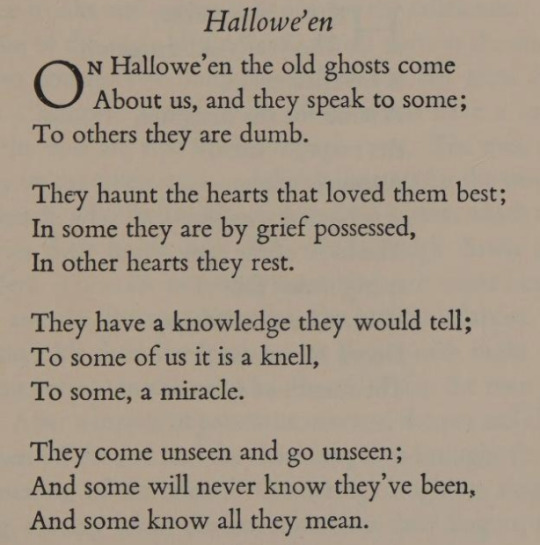
Eleanor Farjeon
The new book of days, 1941.
4 notes
·
View notes
Text
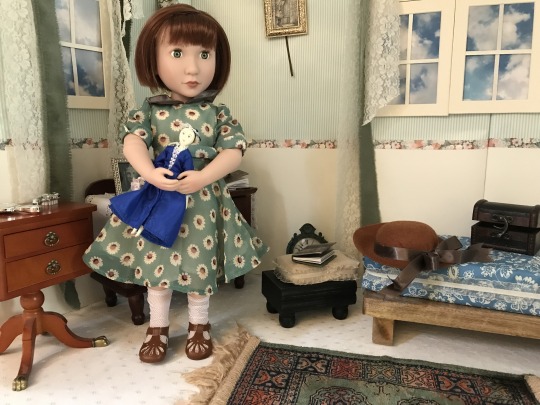
Clementine, who is from the A Girl for All Time collection, is portraying Cathy Goodman from Eleanor Farjeon’s story “San Fairy Ann”. You can read about this lovely story in an earlier post, “The Little Bookroom”. I love the way Clementine’s arms allow her to hold her doll.
#dollblr#A Girl for All Time#Clementine#Cathy Goodman#Eleanor Farjeon#story about an antique doll#china head doll
5 notes
·
View notes
Text
William I - 1066
Eleanor Farjeon
William the first was the first of our kings
Not counting the Ethelreds, Egberts and things.
He had himself crowned and anointed and blessed
In ten-sixty - I needn't tell you the rest.
Now being a Norman, King William the first
By the Saxons he conquered was hated and cursed
And they planned and they plotted far into the night
Which William could tell by the candles alight.
So William decided these rebels to quell
By ringing a curfew - a sort of a bell
And if any Saxon was found out of bed
After eight o'clock sharp it was "Off with his head!"
So at bong number one they all started to run
Like a warren of rabbits upset by a gun.
At bong number two they were all in a stew
flinging cap after tunic and hose after shoe.
At bong number three they were bare to the knee
Undoing the doings as quick as could be.
At bong number four they were stripped to the core
And pulling on nightshirts the wrong side before.
At bong number five they were looking alive
And bizzing and buzzing like bees in a hive.
At bong number six they gave themselves kicks
Tripping over the rushes to snuff out the wicks.
At bong number seven, from Durham to Devon
They slipped up a prayer to our Father in heaven.
At bong number eight it was fatal to wait
So with hearts beating all at a furious rate
In the heat of the state
I need hardly relate
They jumped bong into bed
Like a bull at a gate.
0 notes
Text
20th March
The Morning Song by Eleanor Farjeon
Today is the vernal equinox, marking the beginning of spring and the point at which the daylight hours begin to exceed those of the night. Farjeon’s poem is a celebration of morning and the Creation, but its imagery is very springlike. Her words were put to a Gaelic tune, Bunessan, and became a popular hymn.
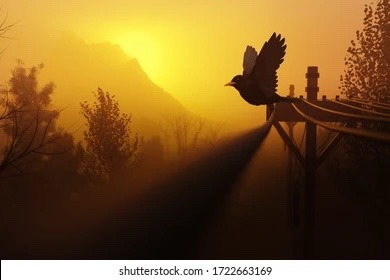
Source: Shutterstock
The Morning Song
Morning has broken
Like the first morning
Blackbird has spoken
Like the first bird.
Praise for the singing!
Praise for the morning!
Praise for them springing
From the first Word.
Sweet the rain’s new fall,
Sunlit from heaven,
Like the first dewfall
In the first hour.
Praise for the sweetness,
Of the wet garden,
Sprung in completeness
From the first shower.
Mine is the sunlight!
Mine is the morning
Born of the one light
Eden saw play.
Praise with elation,
Praise every morning
Spring’s re-creation
Of the new day!
Although published in 1931 and quickly becoming a staple in Anglican hymnals, The Morning Song only gained international recognition when recorded in 1971 by Cat Stevens as Morning Has Broken, becoming one of the singer/songwriter’s biggest hits.
0 notes
Text
Sweet the rain's new fall, sunlit from Heaven
Like the first dew fall, on the first grass
Praise for the sweetness of the wet garden
Sprung in completeness where His feet pass
0 notes
Text
In August 1913 the children’s writer Eleanor Farjeon visited the poet Edward Thomas and his family at their home near the South Downs. On their first walk together, Thomas’s 11-year-old daughter Bronwen realised that the city-dwelling Farjeon knew few of the names of the wild flowers that flourished in the surrounding landscape. “My ignorance,” Farjeon recalled later, “horrified her.”
Remedial work was promptly set. Bronwen gathered a hundred different flowers and plants, taught Farjeon their names (“agrimony, mouse-eared-hawkweed, bird’s-foot trefoil … ”), and the next day sat her down “to a neatly ruled examination paper, with the numbered specimens laid out in precise order on the table”. Farjeon was given an hour to complete the test: “60 for a Pass, 70 for Honours.” Her memory was sharp and she topped 90: “Bronwen was proud of me.” Those flower names would later blossom in Farjeon’s books for children, which are twined through with natural lore, notably her chalkland fairy fable, Elsie Piddock Skips in Her Sleep (1937) and her Martin Pippin stories.
8 notes
·
View notes
Text
youtube
"Morning Has Broken" is a song by English musician Cat Stevens, which was based on a Christian hymn first published in 1931. The original words were by English author Eleanor Farjeon and it was orginally set to a traditional Scottish Gaelic tune, "Bunessan". Stevens re-crafted the hymn and then added the piano composition, which was based on something he had heard pianist Rick Wakeman play earlier in the recording booth. Wakeman told Stevens he couldn't use it because it was something he was working on for a solo album, but Stevens eventually persuaded him to adapt his composition for use on the single.
The Stevens arrangement changes keys back and forth four times. The first, second, and fourth verses of the song are played in C major, while the instrumental introduction, third verse, and the instrumental ending are played in D major.
The song ended up on Cat Stevens’ fifth studio album, Teaser and the Firecat (1971), and the single eventually reached #6 on the Billboard Hot 100 in June 1972 and #1 on the US easy listening chart.
26 notes
·
View notes
Text
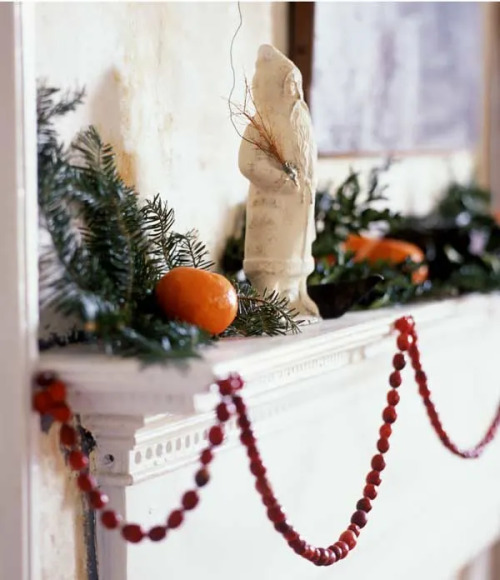
People, look east. The time is near
Of the crowning of the year.
Make your house fair as you are able,
Trim the hearth and set the table.
People, look east and sing today:
Love, the guest, is on the way.
- Eleanor Farjeon
8 notes
·
View notes
Text
Het is Kinderboekenweek! En nu ben ik benieuwd:
Pin me hier niet op vast, maar volgens mij zijn dit ze allemaal
Keesje Kruimel, Hans Dijkhuis
Viermaal J en Janus, Hans Andreus
De blauwe boekanier, Tonke Dragt
Het kleinste sprookjesboek , Annie M. G. Schmidt, Mies Bouhuys, Eleanor Farjeon, Pieter de Zeeuw, Hans Christian Andersen en de Gebroeders Grimm[12]
Arthur en de lettervreter, Henk van Kerkwijk
2 is te veel, Henk Barnard
Ogen op steeltjes, Jan Wartena van Staatsbosbeheer
Het verdwenen plakboek,?Het Schrijverscollectief, bestaanden uit: Jan Riem, Ries Moonen, Arie Rampen, Fetze Pijlman, Hans Dorrestijn, Karel Eykman en Willem Wilmink
Wie je droomt ben je zelf, Paul Biegel
De tram is geel het gras is groen, Gertie Evenhuis
De klepel of de klok, Mies Bouhuys
Spook tussen spoken, Willem Wilmink (1980)
Je eigen tijd, Hans Dorrestijn, Alet Schouten en Willem Wilmink
Retourtje ver weg
Mijnheer van Dale en juffrouw Scholten, Kees Fens
Een tijdje later, Willem Wilmink en Paul Biegel
Houden beren echt van honing?, Midas Dekkers
De zaak Jan Steen, Karel Eykman
Die van hiernaast en van de overkant. Kinderen en boeken in Europa, Marja Baeten en Paul Arnoldussen
Duizend dingen achter deuren, Joke van Leeuwen
Het eiland daarginds, Paul Biegel
Jorrie en Snorrie, Annie M. G. Schmidt
Het wonder van Frieswijck, Thea Beckman
Het raadsel van de Regenboog, Jacques Vriens
Het weer en de tijd, Joke van Leeuwen
Fausto Koppie, Anke de Vries
Bombaaj!, Els Pelgrom
De huiveringwekkende mythe van Perseus, Imme Dros
LYC-DROP, Paul van Loon
Mijn avonturen door V. Swchwrm, Toon Tellegen
Bikkels, Carry Slee
Eiber!, Sjoerd Kuyper (2000)
Ik ben Polleke hoor!, Guus Kuijer
Boris en het woeste water, Rindert Kromhout
Het Zwanenmeer (maar dan anders), Francine Oomen
Swing, Paul Biegel
Wat rijmt er op puree?, Edward van de Vendel
Laika tussen de sterren , Bibi Dumon Tak
Kaloeha Dzong, Lydia Rood
Vlammen, Hans Hagen
De wraak van het spruitje, Jan Paul Schutten
Mees Kees - In de Gloria, Mirjam Oldenhave
Bert en Bart redden de wereld, Tjibbe Veldkamp
Het Akropolis Genootschap & De slag om bladzijde 37, Tosca Menten
Je bent super... Jan!, Harmen van Straaten
Zestig spiegels, Harm de Jonge
Per ongelukt!, Simon van der Geest
Oorlog en vriendschap, Dolf Verroen
Kattensoep, Janneke Schotveld
De eilandenruzie, Jozua Douglas
Haaientanden, Anna Woltz
De diamant van Banjarmasin, Arend van Dam (2020)
Tiril en de Toverdrank, Bette Westera
Waanzinnige boomhut verhalen, Andy Griffiths
Ravi en de Laatste Magie, Sanne Rooseboom
#nederblr#Kinderboekenweek#nederlands#dutch#kinderboekenweekgeschenken fascineren me#ik heb een hele stapel omdat mijn moeder een tijd in een boekhandel heeft gewerkt en ik heb eens geprobeerd ze allemaal te lezen#maar er zitten echt wat slechte tussen#en weinig zijn echt goed want het zijn zulke kleine boekjes#iig vgm heb ik er 19 gelezen en dat is vrij veel gok ik#ergens wil ik een bracket maken voor kinderboekenweekgeschenken maar ik gok dat de meeste mensen er maar zo’n 5 hebben gelezen#ik heb wel meningen#i made an original post#polls#part time booklr
12 notes
·
View notes
Text
On Hallowe’en the old ghosts come
About us, and they speak to some;
To others they are dumb.
They haunt the hearts that loved them best:
In some they are by grief possessed,
In other hearts they rest.
They have a knowledge they would tell;
To some of us it is a knell,
To some, a miracle.
They come unseen and go unseen;
And some will never know they’ve been.
And some know all they mean.
Hallowe’en by Eleanor Farjeon
2 notes
·
View notes
Photo
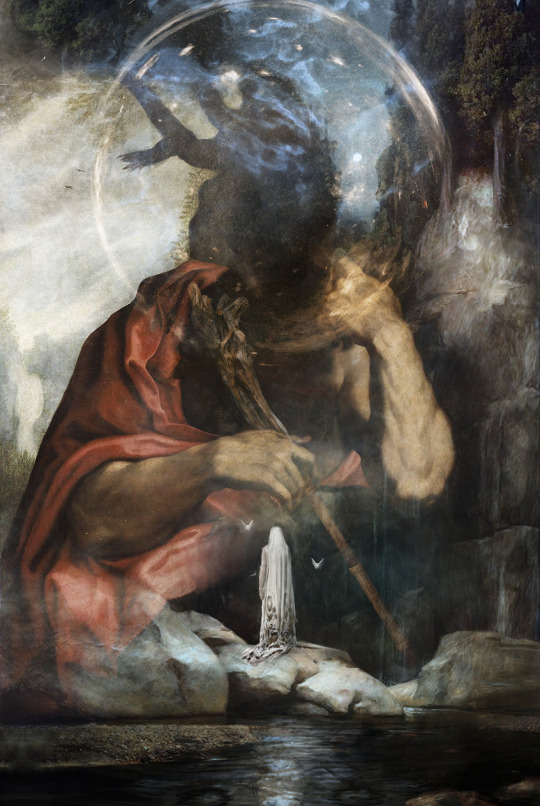
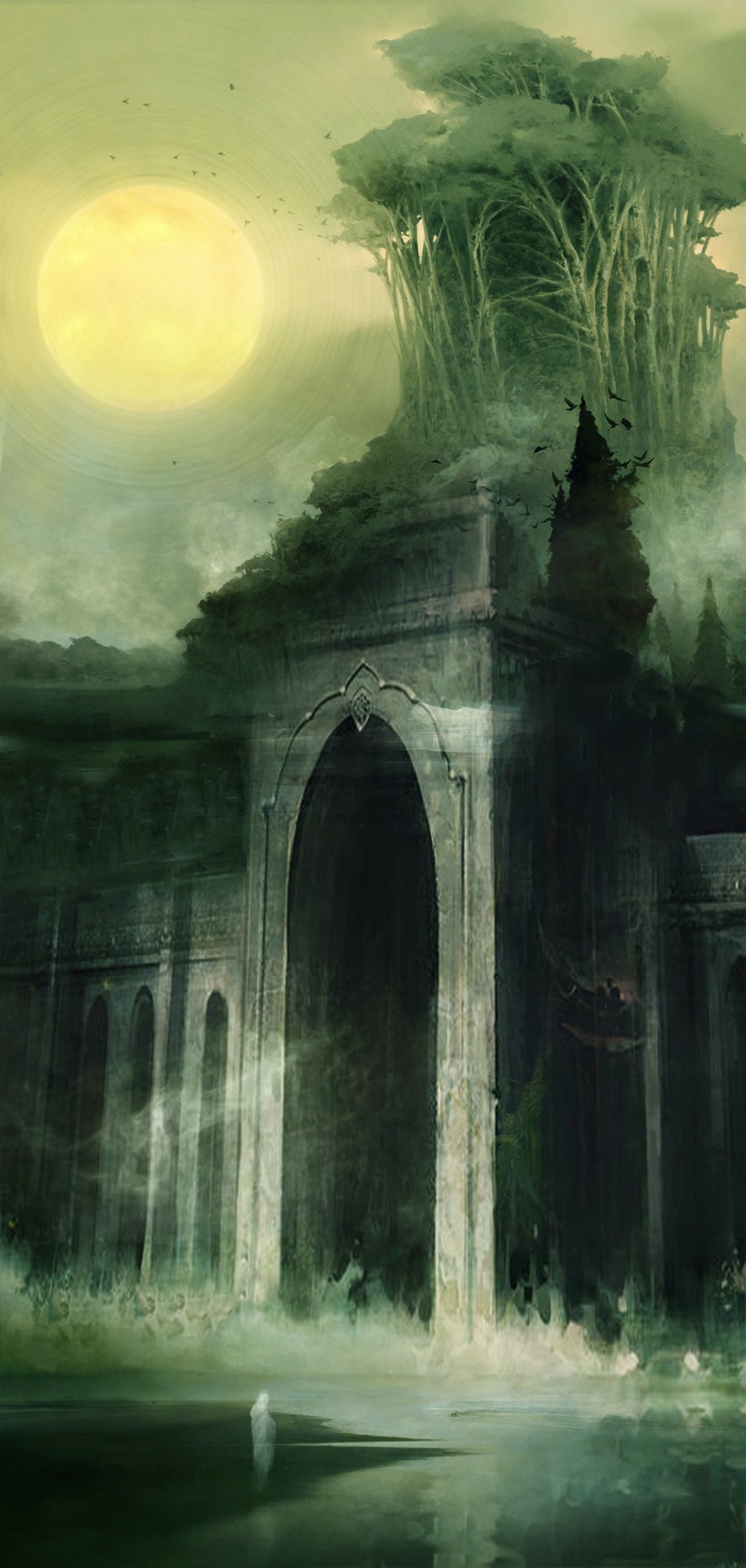
O evanescent temples built of man
To deities he honoured and dethroned!
Earth shoots a trail of her eternal vine
To crown the head that men have ceased to honour.
Beneath the coronal of leaf and lichen
The mocking smile upon the lips derides
Pan's lost dominion; but the pointed ears
Are keen and prick'd with old remember'd sounds.
All my breast aches with longing for the past!
Thou God of stone, I have a craving in me
For knowledge of thee as thou wert in old
Enchanted twilights in Arcadia.
Eleanor Farjeon, in "Pan-Worship", in Pan-Worship and Other Poems (1908).
Pan, Great God of Nature Talon Abraxas
69 notes
·
View notes
Text
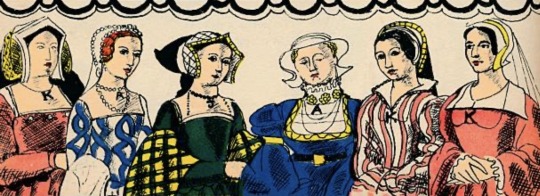
Portraits of Henry VIII’s Six Wives (1932) by Rosalind Thornycroft from Kings and Queens by Eleanor Herbert Farjeon
#catherine of aragon#katherine of aragon#catalina de aragon#katharine of aragon#queen catherine of aragon#anne boleyn#queen anne boleyn#anna bolina#jane seymour#queen jane seymour#anne of cleves#anna von cleves#anna of cleves#katherine howard#catherine howard#kathryn howard#katherine parr#catherine parr#kathryn parr#the six wives of henry viii#six wives of henry viii#king henry viii#henry viii#henry tudor#the tudors#art#tudor history#english history#tudor era#vintage
48 notes
·
View notes